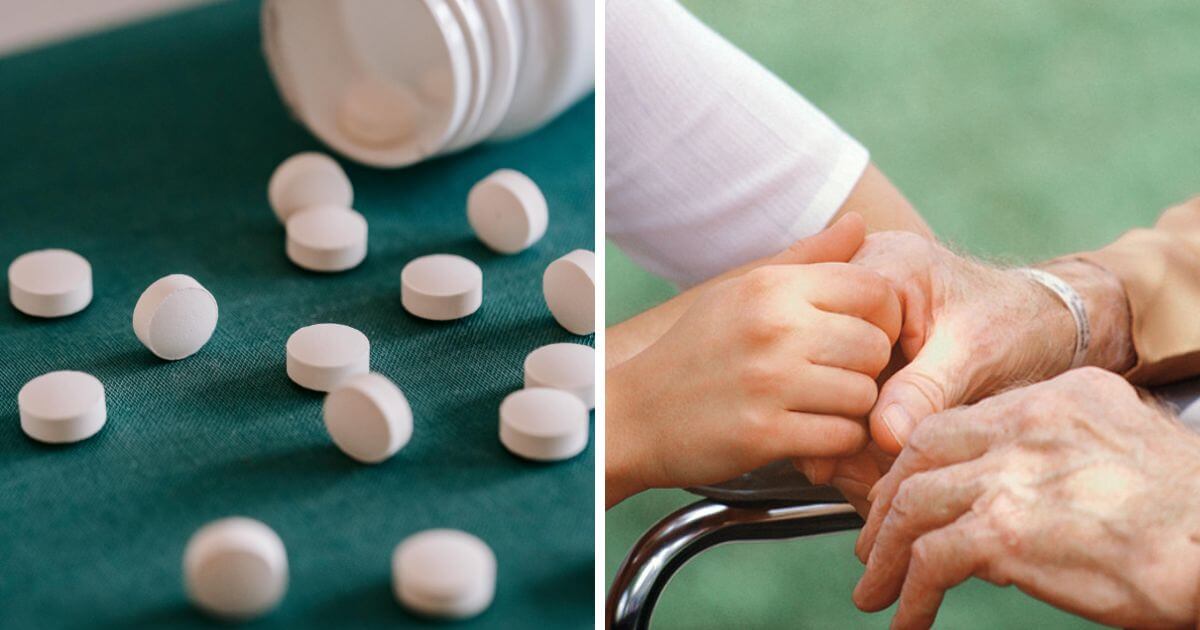As the debate on the legalisation of assisted suicide intensifies, a leading hospice charity has released a report highlighting the need to improve end-of-life care instead.
Marie Curie’s Better End of Life Report 2024 estimates that while palliative care is highly effective at managing symptoms, enhancing quality of life and reducing unwanted hospital admissions and deaths, each year 100,000 people in the UK die needing palliative care but not receiving it.
The report highlights disparities in access to high-quality palliative care, with people from lower socio-economic backgrounds and ethnic minority groups less likely to receive support.
One respondent to the survey said “The health services do not have the funding or the time to make older people’s lives more comfortable in their final years. People are living longer but there are not services available to care for their needs”.
Late recognition and lack of coordination
Almost a third of respondents reported that healthcare professionals had not discussed death and dying with them. Fewer than half said the person who died had a key contact person to coordinate their care. “Much responsibility for care fell on informal carers (family and friends), who often felt unprepared and unsupported”, the report said.
Despite access issues, those who received specialist palliative care reported positive experiences. One respondent said “The palliative care and district nurses and GP were great but they only came a few times a week for half an hour”.
Financial disparities in care quality
Those who were “financially worse off” experienced more severe symptoms in their final week of life but did not receive more specialist palliative care.
The findings emphasise the need to increase resources for community-based primary and palliative care services. Without this, people with advanced illness and their families are likely to struggle with symptom management at home.
One respondent highlighted the challenges, saying “Accessing all NHS services during the last 2 months of mum’s life was very challenging. We couldn’t get the services needed at the time needed, and the quality of her life was impacted”.
The assisted suicide threat
The assisted suicide lobby has been waging an ongoing campaign to put strong pressure on Parliament to introduce assisted suicide.
Lord Falconer of Thoroton’s Assisted Dying for Terminally Ill Adults Bill was drawn second in the House of Lords ballot in July, giving him another chance to legalise assisted suicide despite his numerous previous failures.
After being drawn eleventh in the Private Members’ Bill Ballot last week, Jake Richards, newly elected Labour MP for Rother Valley, said “I’ve made it clear that my first preference for a bill would be to reform our archaic assisted dying laws” and said he would work with assisted suicide lobby group ‘Dignity in Dying’ for this end.
No major disability advocate groups in the UK – including Disability Rights UK, Scope and Not Dead Yet – support a change in the law to introduce assisted suicide or euthanasia.
Polling commissioned by SCOPE showed that the majority of people with disabilities (64%) – including nearly three-quarters (72%) of young disabled people – are concerned about moves to legalise assisted suicide. Nearly two-thirds (62%) of people with disabilities who were concerned about a change in the law were worried that pressure would be put on disabled people to end their lives prematurely.
At the same time, no doctors’ groups in the UK support changing the law to introduce assisted suicide or euthanasia, including the British Medical Association, the Royal College of General Practitioners, the Royal College of Physicians, the British Geriatric Society, and the Association for Palliative Medicine.
Spokesperson for Right To Life UK, Catherine Robinson, said “This report demonstrates that what we need is better palliative care, not assisted suicide. We should focus on helping people live comfortably and with dignity, not on ending their lives prematurely”.
“The testimonials show the immense value of palliative care when available. We need to ensure that everyone has access to this level of care, rather than offering assisted suicide as a solution to inadequate support”.
“As both Houses of Parliament are considering assisted suicide bills, this report is a reminder that what we truly need is better palliative care. We must focus on helping people to live comfortably and with dignity, not on hastening their deaths. The government should prioritise funding and resources for palliative care services to ensure access to high-quality end-of-life care, regardless of their financial circumstances or diagnosis”.












